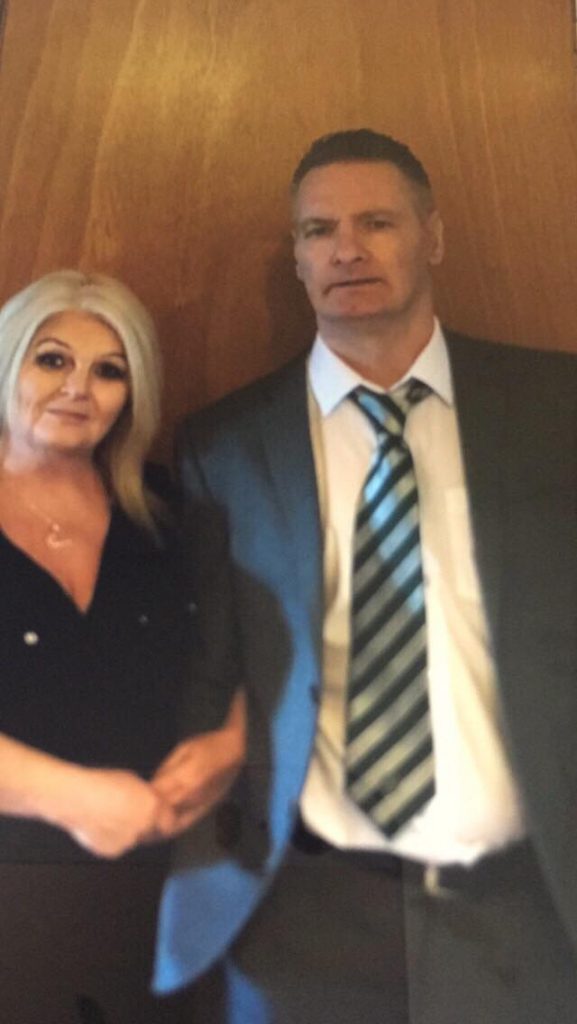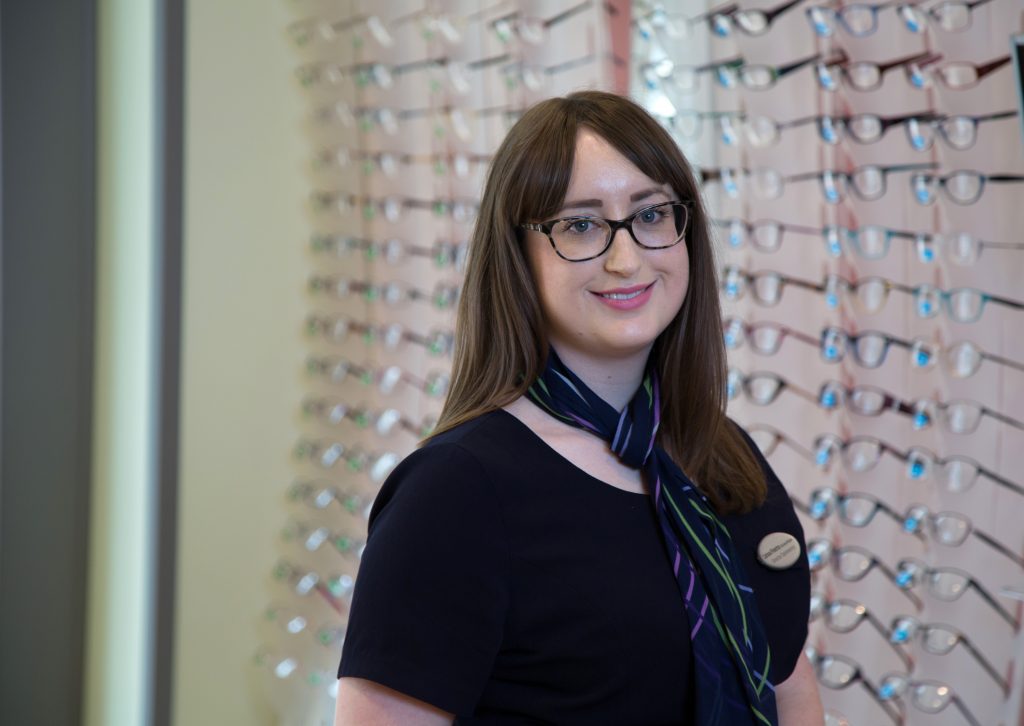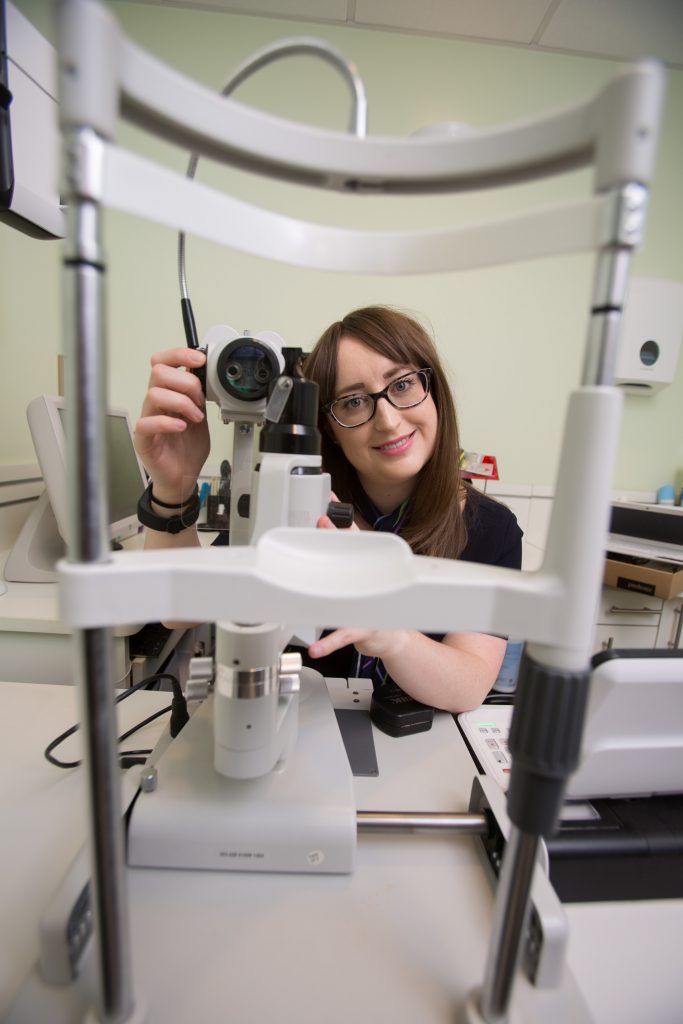A Glasgow man has undergone potentially sight-saving treatment after a local optometrist helped identify signs of a rare condition.
A member of staff at Specsavers Glasgow Fort helped identify a rare condition after Morag Grieve reported her husband, Willie, 60, saw floating shapes in his field of vision.
Willie from Thornliebank suffers from vascular dementia and diabetes and optometrist Catherine Pinkerton discovered he was suffering from a diabetic retinal haemorrhage.
This is bleeding from the blood vessels in the retina, inside the eye – which is caused by diabetic retinopathy.

Morag, 57, tried calling their local GP but was unable to book an appointment until the following week so decided to call Specsavers for advice.
Morag called Specsavers Glasgow Fort, remembering Willie had bought glasses there a few years previously. He was assessed via video call by store director, Catriona Pinkerton, who is trained in working with patients with dementia.
Catriona Pinkerton, store director at Specsavers Glasgow Fort, said: “I’m so glad Morag got in touch when she did, as early detection and treatment of a diabetic retinal haemorrhage is key for preventing sight loss.
Specsavers stores in Scotland are currently closed to the public for routine in-person appointments, but staff remain available for essential and emergency eyecare only during the Covid-19 outbreak. Cat carried out a remote triage via video call with both Willie and Morag to determine his symptoms.
After investigating the abnormalities, Cat immediately referred Willie to the ophthalmologist at Gartnavel General Hospital with a suspected diabetic retinal haemorrhage. Within an hour, he was admitted to the hospital where he underwent a series of tests which confirmed Cat’s suspicions.

Willie started laser treatment immediately to help disperse the haemorrhage which could potentially have caused blindness if left untreated.
Morag said: “Communicating with Willie and trying to determine how long he had been experiencing the problems with his vision was difficult due to his dementia.
“My husband lost the sight in his right eye a number of years ago following a brain haemorrhage so I knew I couldn’t take any risks as the symptoms sounded similar. Willie compared the floating objects to a tadpole which immediately caused concern.
“Losing the vision in his left eye would have left Willie completely blind – I couldn’t take any chances.
“Willie’s laser treatment is now complete and he’s expected to make a full recovery. Cat’s quick thinking and dementia training means Willie’s sight is now back to normal – we’re eternally grateful.”

David Quigley, Chair of Optometry Scotland, says: “This is a fantastic example of how community optometrists and hospital ophthalmologists are working closely together during the pandemic to ensure patients get the emergency treatment they need in the safest way possible.
“Primary and secondary eye care teams across Scotland have been collaborating in new ways to save the sight of people just like Mr Grieve, and we are very proud of the difference our colleagues like Catriona are making during the crisis.”
For more information visit specsavers.co.uk or to speak to an expert call your local store or use the Specsavers Facebook Ask The Expert group.
Alternatively, those with any sight or hearing concerns can speak to an optician or audiologist via video using Specsavers’ new RemoteCare service.

